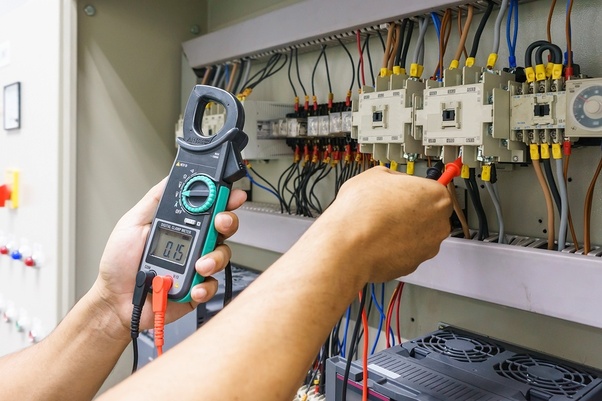Advances in the design and quality of electrical components have made it possible for electrical systems to run for years without noticeable problems. While wonderful feats of engineering, well-designed electrical systems can lull building owners and operators into a false sense of security—right up until the moment the system fails. It’s for this reason, among others, that electrical maintenance is such an important part of commercial building operations.
What is Electrical Maintenance?
Electrical maintenance covers all aspects of testing, monitoring, fixing, and replacing elements of an electrical system. Usually performed by a licensed professional with a complete knowledge of the National Electric Code and local regulations, electrical maintenance covers areas as diverse as:
– Digital communication
– Electrical machines
– Generators
– Hydraulics
– Lighting systems
– Pneumatics
– Surge protection
– Transformers.
With an increased reliance on both data collection and machinery run by computer software, electrical maintenance is more vital than ever. The failure of a single component in the electrical system can cause extensive downtime or data loss.
Preventative Electrical Maintenance
Early identification of problems is a key aspect of electrical maintenance. For instance, should a back-up generator sit idle until needed, it may not start due to a number of factors. Old fuel clogging a fuel filter, uncharged starting batteries, or start switches left in the wrong mode can all prevent a smooth transition to backup power. These are basic problems, easily identified and addressed through preventative maintenance.
One of the major challenges to electrical maintenance is the nature of electrical wiring. It can be difficult to pinpoint the location of specific problems as the system is built into the building. Thermal imaging has become increasingly important in the industry for its ability to identify issues with both electrical connection points and equipment operation. By catching such problems early, electrical maintenance helps reduce unexpected power outages and protects equipment from damage.
What is electrical maintenance? It’s an aspect of building operations no commercial facility should be without. While large scale operations may have their own on-staff electricians, smaller facilities may find it more financially viable to contract with a licensed professional for scheduled electrical maintenance and servicing.
Responsibilities:
- Perform preventative maintenance and corrective repairs of electrical equipment; install and control electrical, hydraulic, and pneumatic systems; understand and follow safety procedures and policies
- Maintain and repair natural gas and propane systems
- Install and maintain electrical systems, equipment, and fixtures
- Replace and repair electrical wiring
- Identify and test electrical components
- Install and maintain electrical equipment
- Maintain and repair electrical systems


